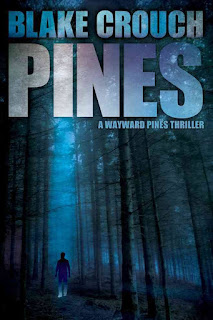"Where were you on 9/11?"
It's a question that defines my generation and so many others. We remember where we were (Kennewick, Washington), how we heard (from radio DJ Rick Dees, of all people) and what we did next (went to work as a TV journalist and chronicled the local stories as the world changed before our eyes.)
I remember how I felt that day. I remember the people I interviewed. I remember lines from stories I wrote. We don't forget defining days and moments. This book is a testament to that.
The book is made up of hundreds of accounts of what happened on that defining day. From people inside the World Trade Center to people on the ground in Shanksville, you read short snippets of their stories that, woven together, walk you through those 24 hours. Most of the book is focused on the day itself; the epilogue winds down the story and includes the death of Osama bin Laden.
It's harrowing at times to read the stories of the women who didn't yet know they would be widows by day's end. You read and feel the compulsion to help, as told by the first responders who ran into buildings while everyone else ran away. You get a glimpse into the uncertainty of what was happening on Air Force One, as President Bush pushed to go home and the Secret Service overruled him.
Not to discount any of those stories, but there's little here you probably didn't know if you were an adult on 9/11. There was nothing that shocked or surprised me; the narratives merely told the story.
I don't know that you need to run out and read this book if you remember the day with any sort of clarity. I applaud the effort of compiling the histories, which should be preserved to honor the memory of the dead.




